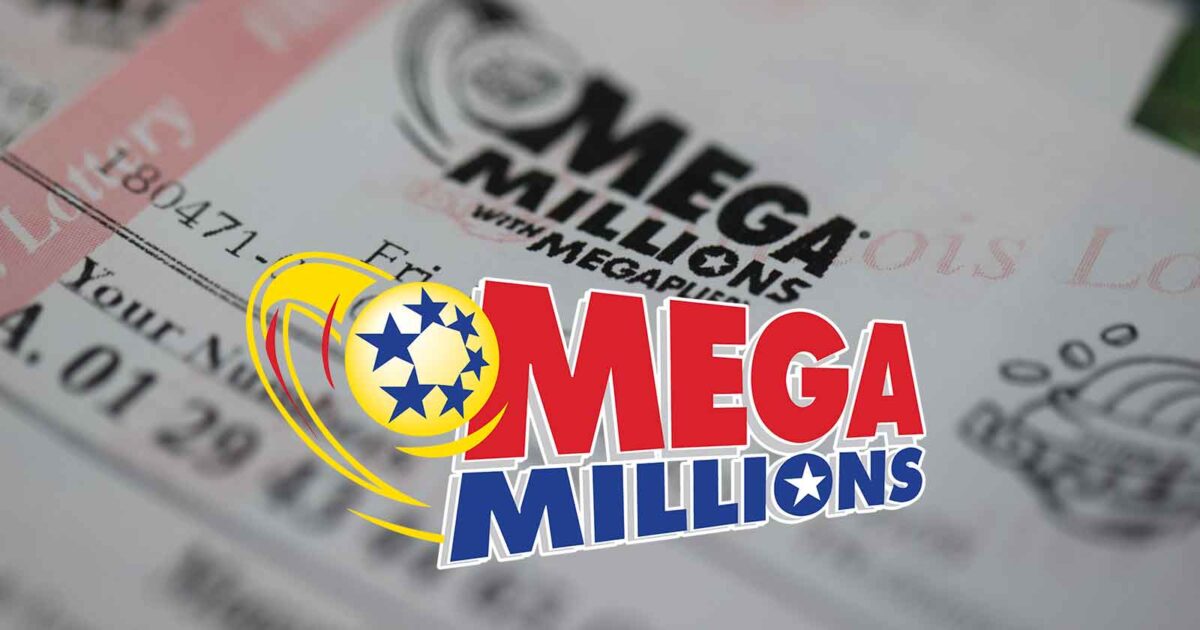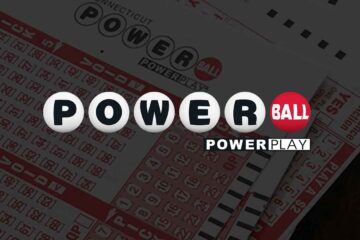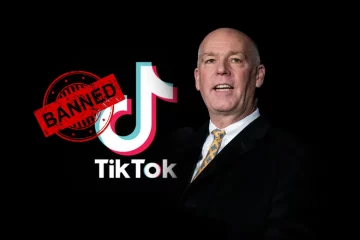
Mega Millions Jackpot: This Friday night, the eagerly anticipated drawing for a Mega Millions lottery prize nearing $1 billion will take place, promising a life-changing windfall for the fortunate individual who matches the winning numbers. However, for the majority of participants, the outcome will likely be disappointment.
After a hiatus of three months without a winner, the Mega Millions jackpot has ballooned to an estimated $977 million. This staggering sum underscores the daunting odds of clinching the jackpot; the longer the period without a winner, the larger the prize swells.
This Mega Millions jackpot now stands as the 10th largest in the history of U.S. lotteries, although it pales in comparison to the record-breaking $2.04 billion Powerball prize claimed in November 2022.
How to Play Mega Millions Jackpot
To participate, players can purchase tickets for $2 each, selecting six numbers from separate pools. Five of these numbers are chosen from a pool ranging from 1 to 70, while the sixth number, known as the Mega Ball, is selected from a pool of numbers ranging from 1 to 25. In some states, players have the option to pay extra for additional features that can enhance payouts or provide extra sets of numbers.
While players have the option to choose their own numbers, many opt for the quick pick method, where a computer generates random numbers on their behalf.
Drawings for Mega Millions Jackpot take place twice a week, on Tuesdays and Fridays at 11 p.m. EDT, broadcast from a television studio in Atlanta. The results are promptly posted on the game’s website.
Potential Winnings
The advertised jackpot of $977 million is certainly substantial, but the actual winnings may be significantly lower than anticipated.
Firstly, the stated Mega Millions jackpot is based on the assumption of a single winner who opts for the annuity payment option, receiving an initial lump sum followed by annual payments over 29 years. However, the majority of winners prefer a cash payout, which for this drawing is estimated at $461 million — less than half of the advertised amount.
Before receiving their winnings, lottery officials deduct 24% for federal taxes. Additionally, winners may find themselves subject to further taxation, potentially falling into the top federal tax bracket of 37%. State taxes may also apply, depending on the location where the winning ticket was purchased.
There is also the possibility of multiple winners, as was the case in 2016 when three winning tickets split a $1.6 billion jackpot. In such instances, the Mega Millions jackpot is divided among the winners, resulting in smaller individual prizes.
Understanding the Odds
It’s crucial to recognize that the allure of a massive jackpot often obscures the reality: the odds of winning are exceedingly slim.
The odds of winning the Mega Millions jackpot stand at 1 in 302.6 million, a figure that enables the jackpot to accumulate over extended periods without a winner. If the odds were more favorable, jackpot victories would occur more frequently, resulting in smaller top prizes and diminished player interest. In fact, Mega Millions deliberately increased its odds in 2019 to facilitate the growth of larger jackpots.
During the current jackpot accumulation phase, spanning from December 8, 2023, to the present, there hasn’t been a single jackpot winner in 29 consecutive drawings. Nonetheless, lottery officials emphasize that millions of winning tickets have been sold during this period, with prizes ranging from $2 to $1 million. Their advice: approach lottery play as entertainment and a chance to indulge in a bit of dreaming, rather than as a reliable path to wealth.
Ultimately, someone will inevitably claim the jackpot.
Governing Authorities
Both Mega Millions and Powerball, the other prominent lottery game, are managed independently, yet both fall under the jurisdiction of state lotteries. Mega Millions is available in 45 states, as well as Washington, D.C., and the U.S. Virgin Islands, while Powerball operates in 45 states, Washington, D.C., Puerto Rico, and the U.S. Virgin Islands.
Notably, these games are not offered in Alabama, Alaska, Hawaii, Nevada, or Utah.
Proceeds from both games, along with profits from other lottery offerings like scratch tickets, contribute to the budgets of the jurisdictions in which they operate. Some states allocate these funds to their general budgets, while others earmark them for specific purposes such as funding college scholarships or maintaining state parks.



